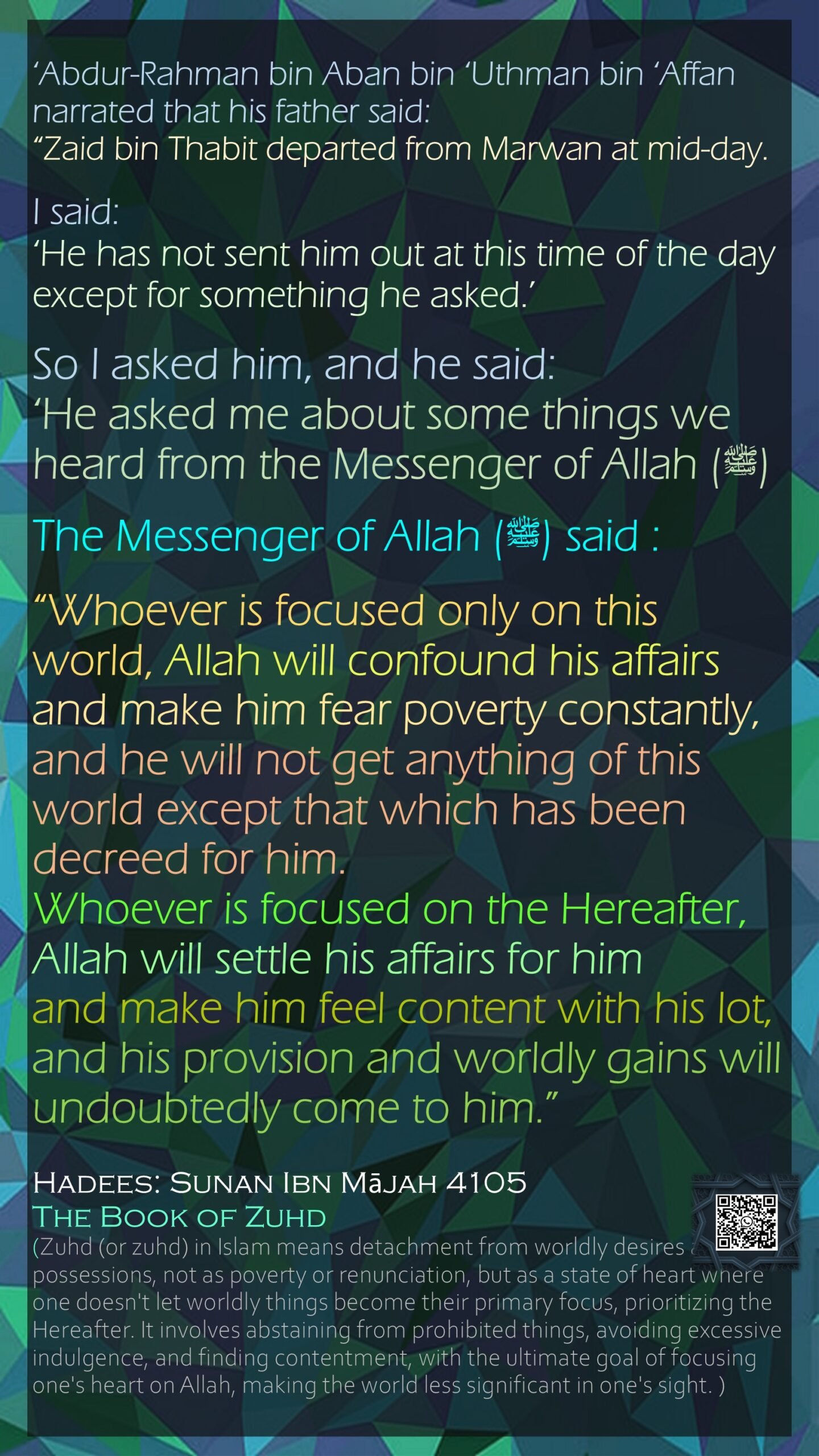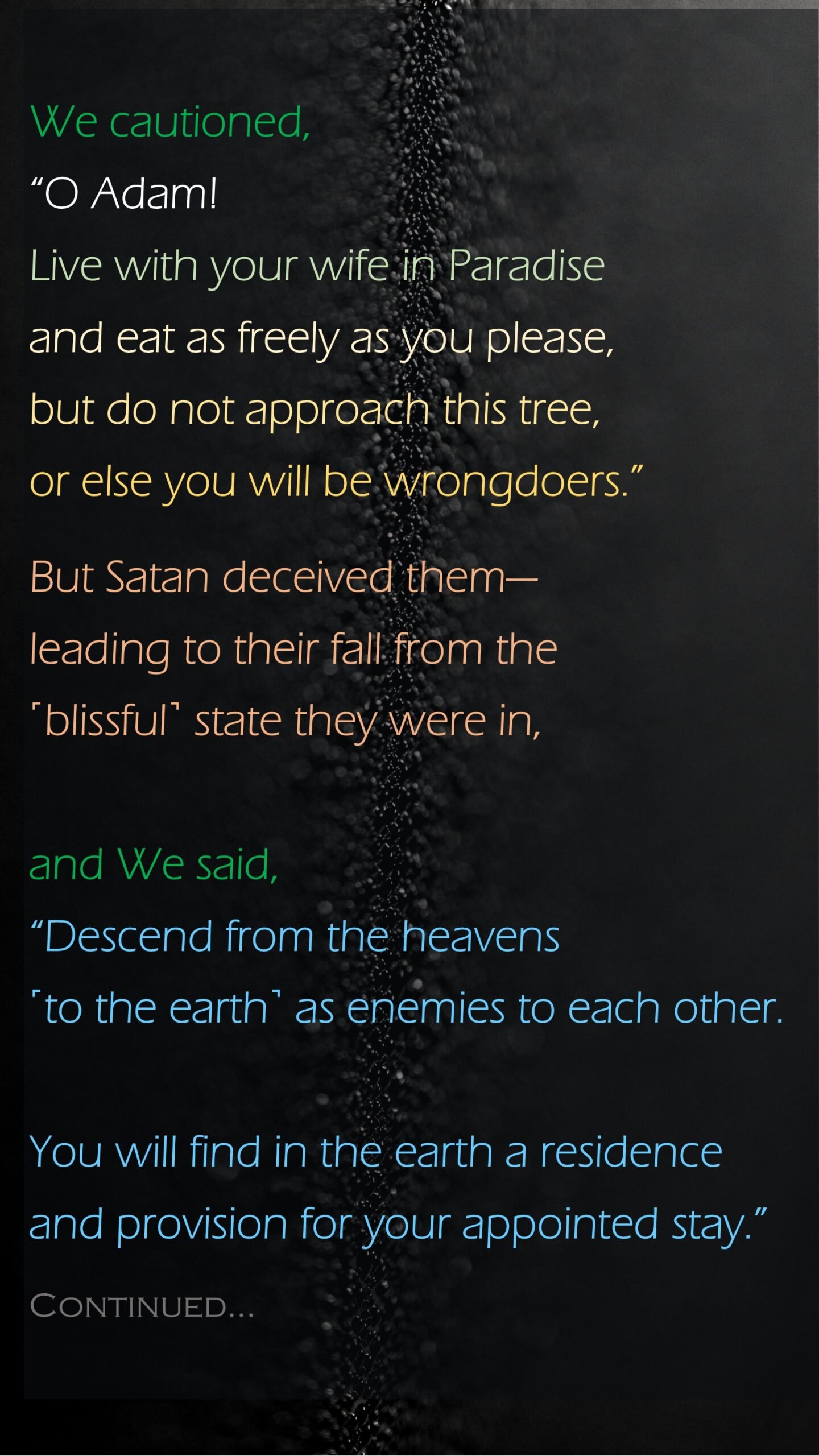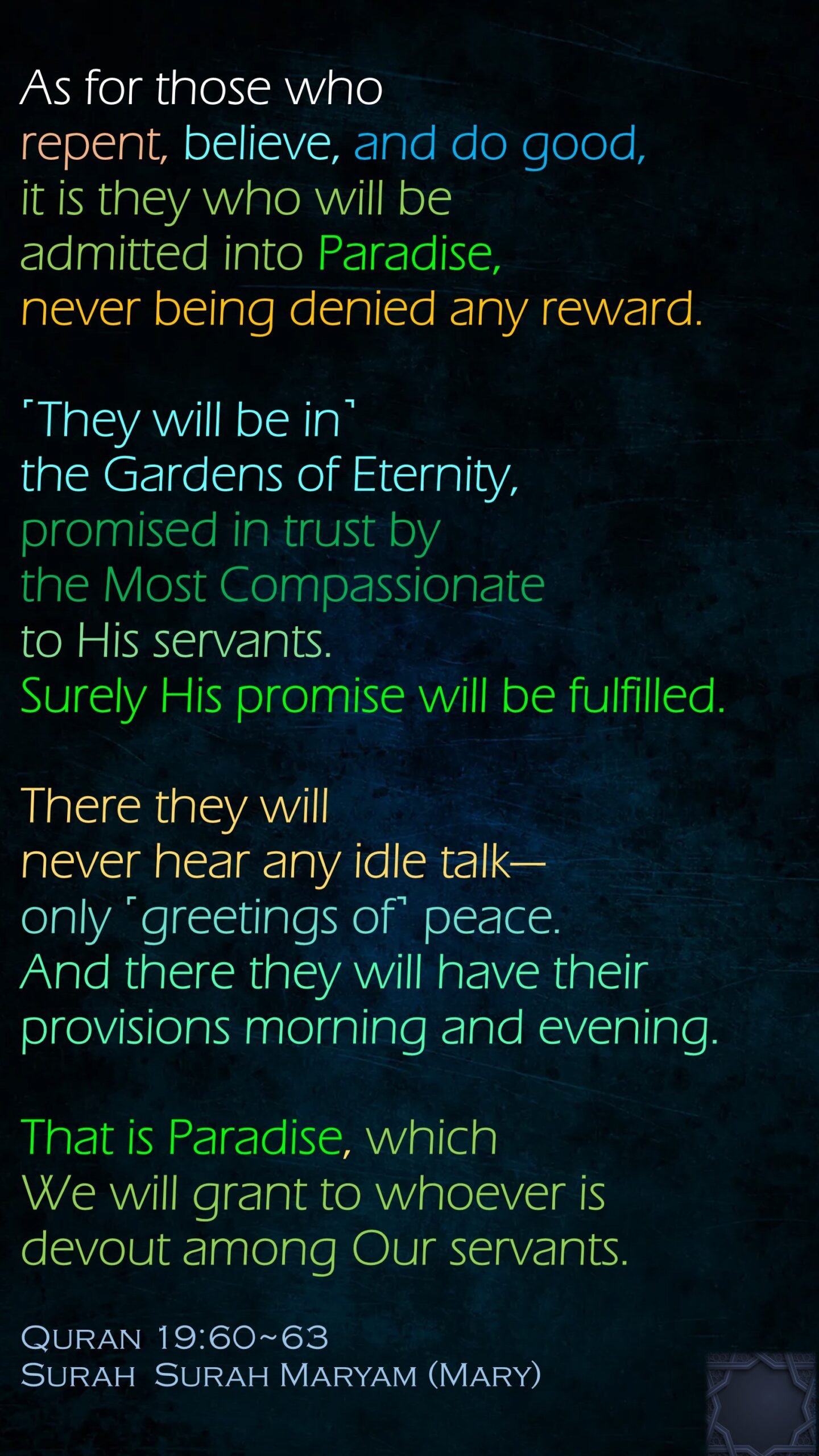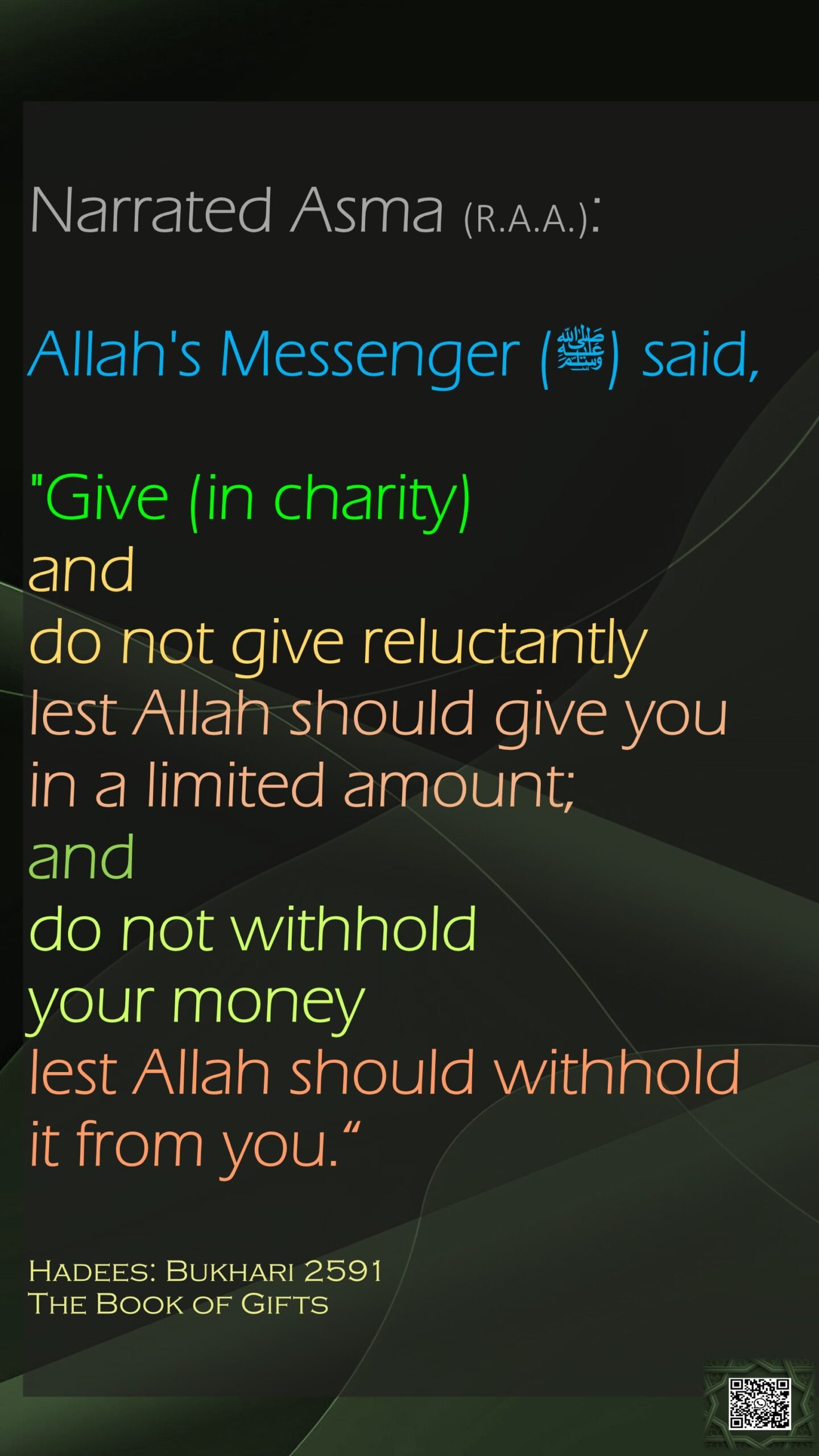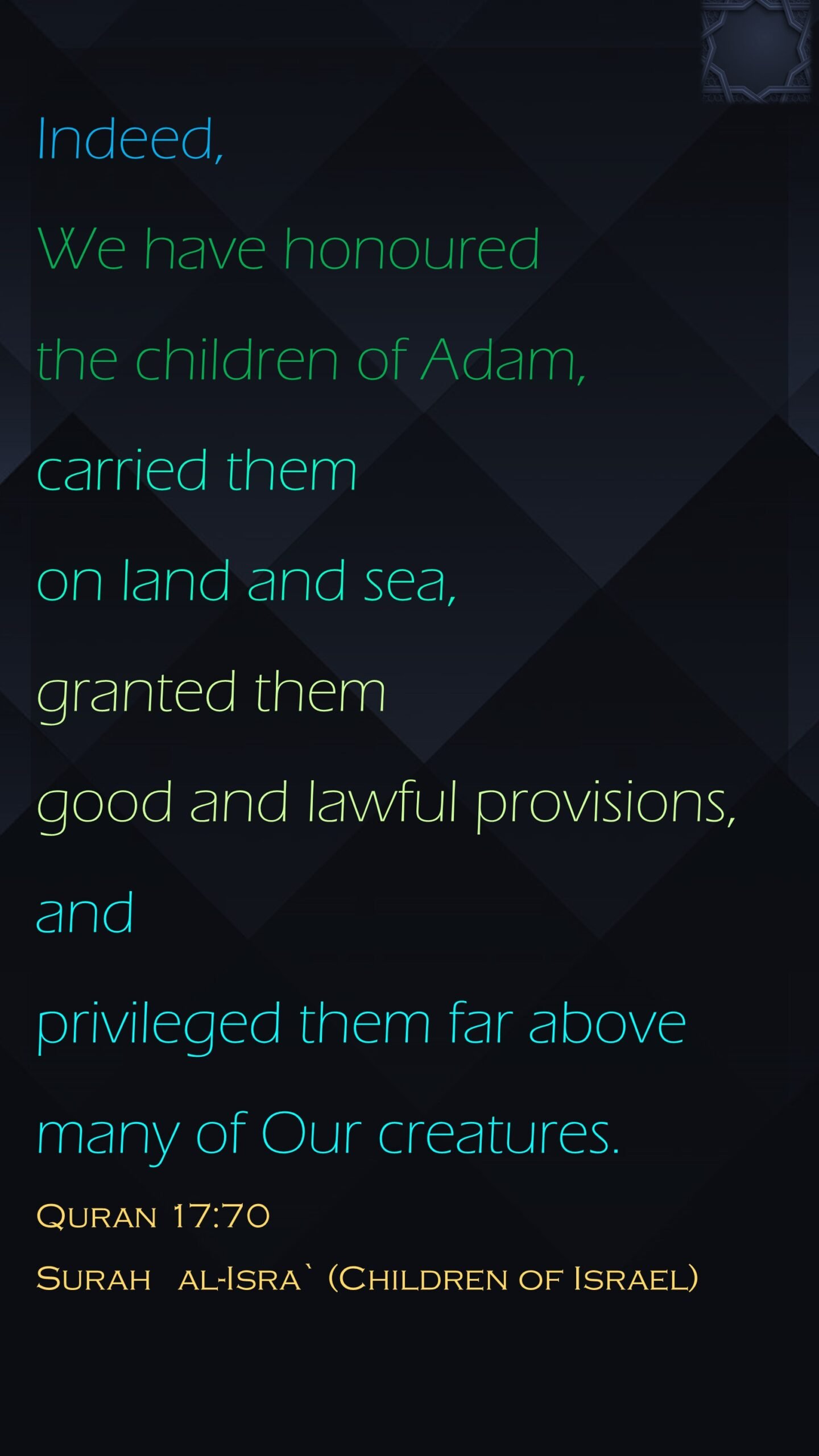Skip to Content
Tag Archives: provision
- Home -
- Posts tagged "provision"
19
Jan, 2026
Hadees, Islam
4105, affair, Allah, book, confound, constant, content, daily, decree, fear, feel, focus, gain, hadees, hadith, hereafter, Ibn-e-Majah, inspirations, islam, islamic, Muhammad, poverty, provision, settle, undoubt, World, worldly affairs, Zuhd
27
Dec, 2025
Islam, Quran
002, 035, 036, 037, 038, 039, Aadam, accept, Adam, Allah, ayat, Baqara, believe, Cow, daily, descend, disbelieve, earth, enemy, Eve, fire, forever, Hawwa, Heaven, Heifer, hell, inspirations, islam, islamic, live, Muhammad, provision, quran, repent, resident, Satan, Sign, Surah, tree
7
Dec, 2025
Islam, Quran
007, al araf, Allah, ayat, daily, earth, elevated places, establish, give, grateful, inspirations, islam, islamic, livilhood, provide, provision, quran, seldom, Surah, sustenance
30
Sep, 2025
Islam, Quran
060, 061, 063, Allah, ayat, believe, believer, daily, deed, devout, evening, fulfilled, Gardens of Eternity, good, inspirations, islam, islamic, Mary, morning, Most Compassionate, Muhammad, paradise, peace, provide, provision, repent, reward, Surah
18
Jun, 2025
Hadees, Islam
2591, Allah, alms-tax, bukhari, chairty, charity, gift, hadees, inspirations, islam, islamic, limited, money, Muhammad, provision, reluctant, Sahih, spend, willing, withhold
13
May, 2025
Hadees, Islam
3479, Allah, answer, belief, certianity, daily, distract, distracted, heart, inspirations, islam, islamic, know, Muhammad, not answer, provide, provision, supplicate, supplication, supplications, tirmidhi, Tirmizi, unmindful
9
Apr, 2025
Islam, Quran
Allah, ayat, daily, enjoin, good end, inspirations, islam, islamic, Muhammad, paradise, Pious, prayer, provision, quran, Surah
3
Apr, 2025
Islam, Quran
007, 065, Allah, at_talaq, at-Talaq, ayat, daily, divorce, ease, hardship, inspirations, islam, islamic, limited, means, Muhammad, provide, provision, quran, Soul, Surah, wealth
31
Mar, 2025
Islam, Quran
003, 065, achieve, Allah, alone, at_talaq, ayat, daily, destiny, divorce, every, for, inspirations, islam, islamic, mindful, Muhammad, partial, provision, quran, quranic, source, sufficient, supplication, Surah, thing, trust, unimagined, will
28
Jan, 2025
Islam, Quran
17, 70, Adam, al-isra, Allah, ayat, boat, car, Chapter, children of Bani Israel, creature, daily, dose, far above, Food, grant, Hazrat, horse, inspirations, islam, islamic, land, motivtaion, Muhammad, previlege, Prophet, provision, quran, sea, Surah, verse

